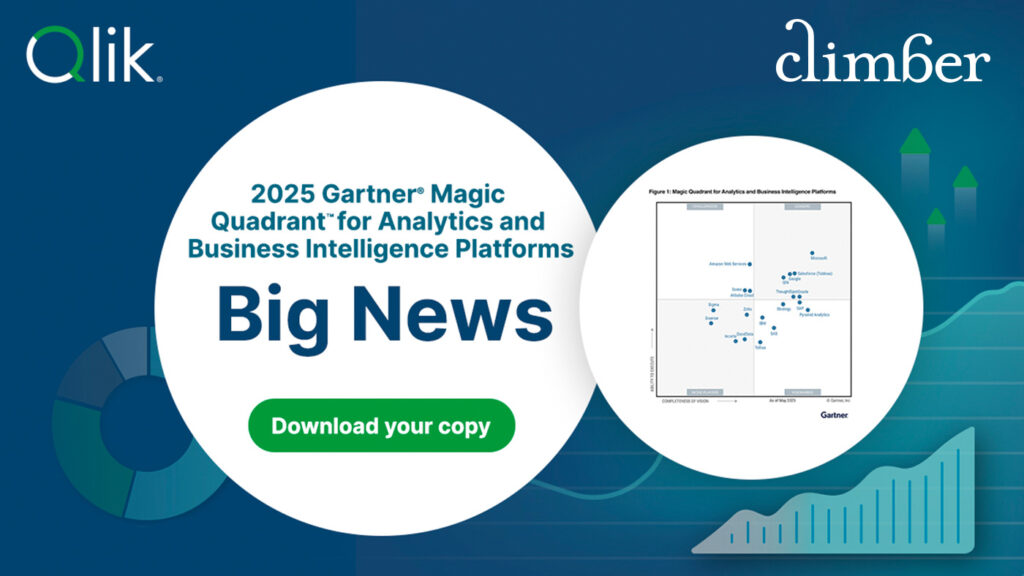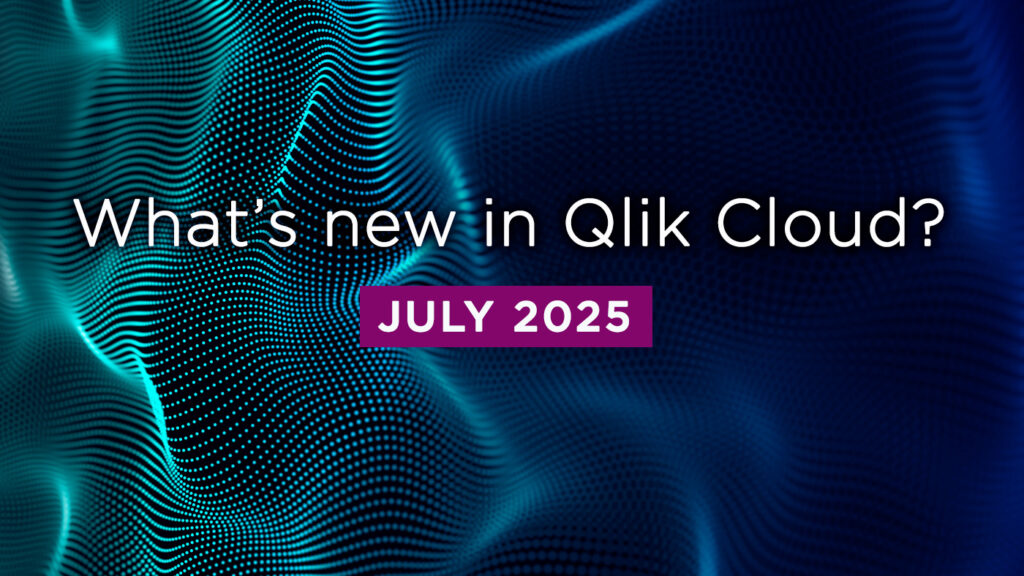
Effective measurement: Knowing your KPIs from your OKRs
Measurement is a vital part of business intelligence. After all, how do you know you are receiving accurate insights if you’re not measuring the right things in the right way? Clients often ask us how they should approach their measurement metrics and whether their department, function, or business should be focusing on KPIs – Key Performance Indicators, or OKRs – Objectives and Key Results.
What’s the difference between OKRs and KPIs?
It can be easy to confuse OKRs for KPIs, but they focus on slightly different outputs. Which metric you use and how you use them can be different within your organisation. Successful organisations use OKRs to improve their KPIs.
Let’s start with Objectives and Key Results (OKRs). These metrics should have;
- Objective: to tell you where to go
- Key result: to let you know whether you’re there or not
- Initiative(s): to tell you what you need to do to get to your destination
For example, an OKR for a sales team may look like this;
- Objective: Grow new business revenue
- Key result: Close two deals worth £100,000 in the next six months
- Initiative: Market to FTSE100 with a focus on product x
Key Performance Indicators (KPIs) focus on evaluating the ongoing success of a process or activity. A sales team could use KPIs to measure their success. For example;
- Average Cost per Acquisition
- Sales Revenue vs Budget
OKRs provide the missing link between ambition and reality. While on the other hand, KPIs measure the success, output, quantity, or quality of an ongoing process or activity. They measure processes or activities already in place, so don’t lend themselves to continuous improvement.
How you use KPIs and OKR’s can depend on what your organisation does and whether it is activity-driven or results-driven.

Activity-driven organisations
Activity-driven organisations use goals to maintain the performance of their key business areas, for example to keep manufacturing or delivery outputs at their optimum level.
This type of organisation doesn’t regularly revisit their goals and assumes if their metrics are being met, they’re on track for their wider business ambitions and goals.
Results-driven organisations
Results-driven organisations consider their processes and initiatives to be a means to an end, focusing more on the results that these activities should deliver.
Often this sort of organisation will stop and look at the bigger picture and review what their business should be like. They’ll consider what improvements can be made to their processes and initiatives so that they can achieve their business ambitions and goals.
These organisations use KPIs as a tool to help both define what their business should look like, and also as a measure of performance.
Using KPIs and OKRs harmoniously
OKRs and KPIs can complement one another well, making it possible to use them both harmoniously. While OKRs are mostly used to help an organisation realise its strategy, they can also be used to improve a KPI, in part because an OKR includes initiatives that focus upon improvements.
For example, if a support team has a KPI to complete 30 support tickets per day but isn’t achieving this, they could create an ‘initiative’ to investigate how they could improve. This might involve recruiting more support agents or improving the knowledge and technical expertise within the team. These initiatives can then be measured with OKRs whilst the number of tickets completed per day remains as the overarching KPI of success.
/James Sharp, Managing Director, Climber BI
We can support your goal measurement
At Climber BI, we can help you identify the KPIs and OKRs that you should be reporting upon, and just as important, we’ll define and work with you to extract the relevant data from your organisations systems. Get in touch today and we can start to ensure your measurement and reporting is fueling your intelligent insights.
James Sharp
Managing Director
james.sharp@climberbi.co.uk
+44 203 858 0668
Alex Booth
Business Development Manager
alex.booth@climberbi.co.uk
+44 203 858 0668
News archive

Qlik a Leader in the 2025 Gartner Magic Quadrant for Analytics and Business Intelligence Platforms
Get your free copy for an overview of the entire Analytics and Business Intelligence landscape and see why Gartner has recognised Qlik as a Leader in the Magic Quadrant for the 15th straight year.
>> Download the report
What’s New in Qlik Cloud – July 2025
Qlik kicks off the second half of the year with improvements designed to make your Qlik Cloud experience even better – whether you’re a report writer, building automations, fine-tuning analytics apps, managing ML workloads, or strengthening security. Here’s a detailed look at what’s fresh this month.
>> Read more
The AI Reality Tour London 2025
Join us in London on 8th July for a high-impact experience that will change the way you think about data, analytics, and AI. Discover the latest innovations in Qlik, hear inspiring customer cases, and exchange experiences with your peers!
>> Register today
